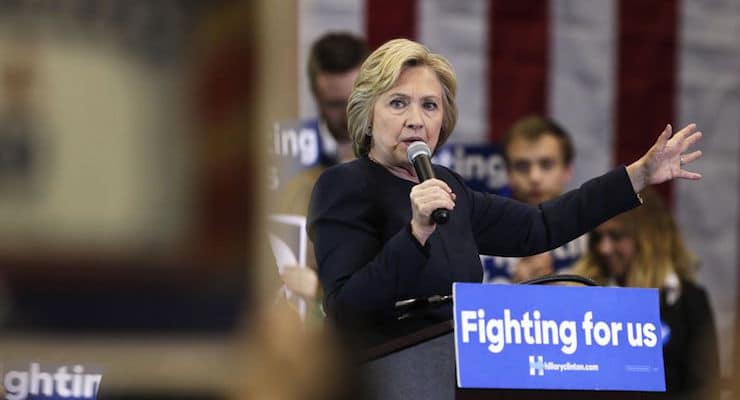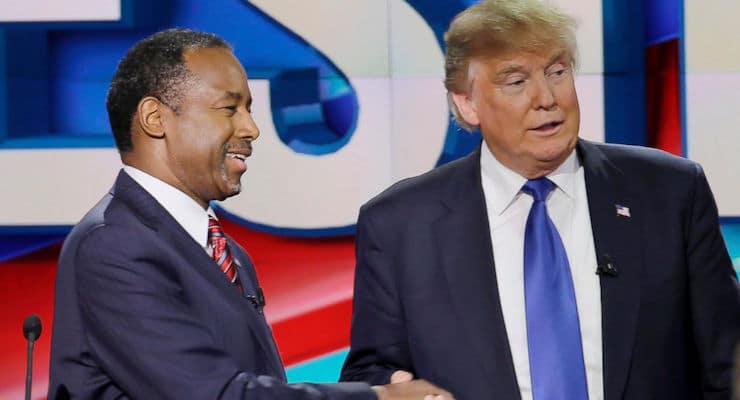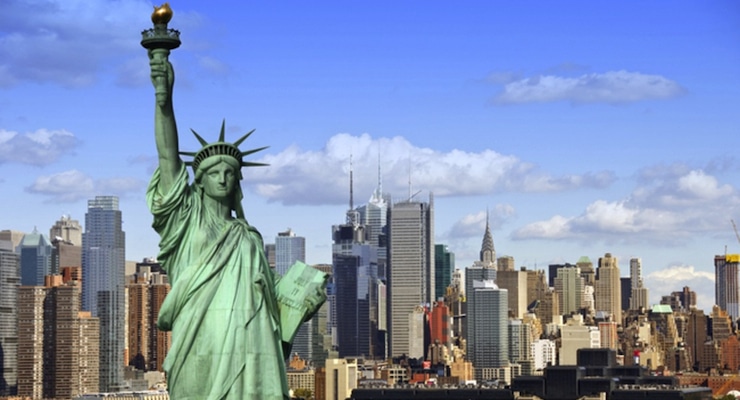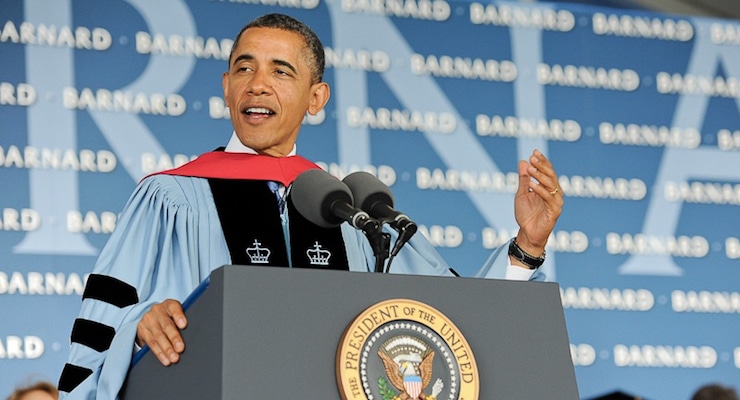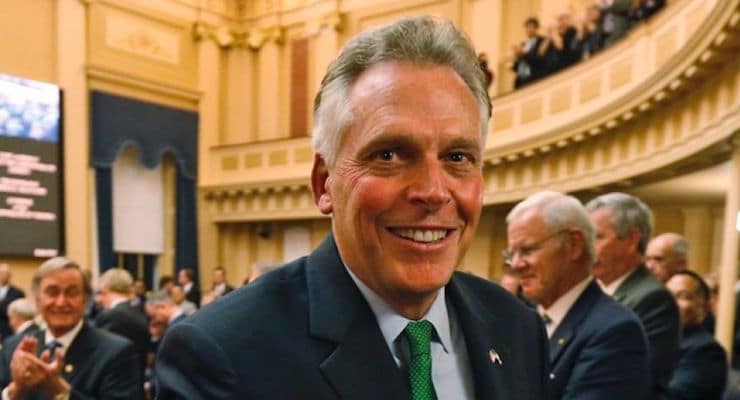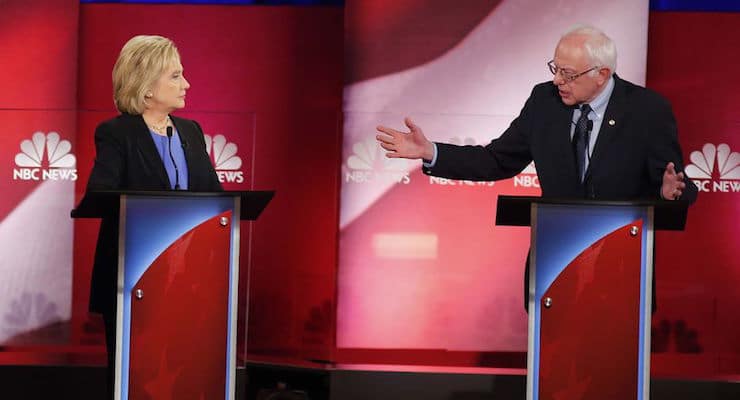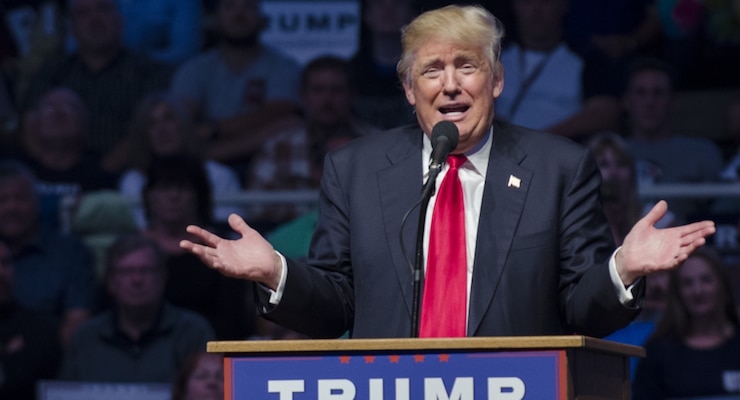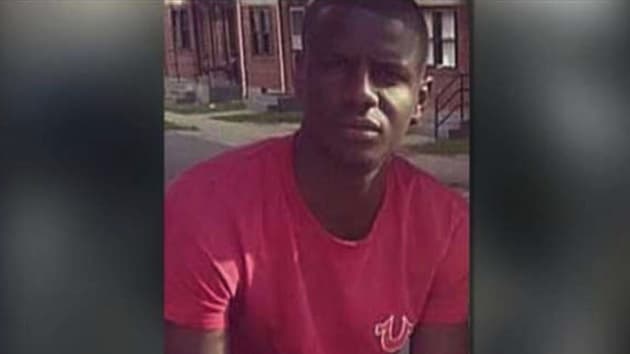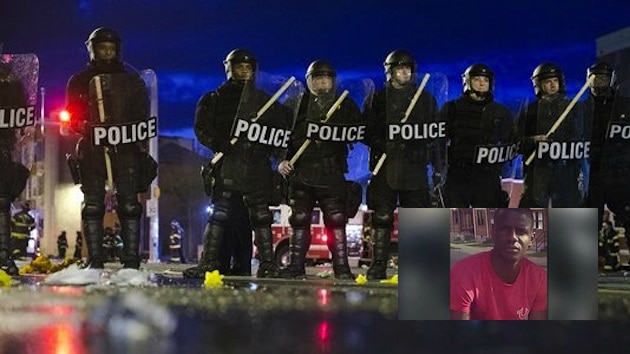At this point, I am not going to announce support for Donald Trump, though I am not #NeverTrump and am emphatically #NeverHillary.
To restate my position without social media lingo, I would never vote for Hillary Clinton and, though I am right now uncomfortable with endorsing Trump, I anticipate — but don’t guarantee — that I’ll eventually hold my nose and vote for him.
You would be correct to challenge me on the consistency of my position. That is, if I say I am #NeverHillary, that could mean I would never vote for her, but it also could mean that I wouldn’t knowingly do anything that would help her win the election. Contrary to arguments of many I respect, I do believe that when there are only two people running who could possibly win, not voting for Trump would be, to whatever extent, helping Clinton. My conscience wouldn’t like that.
For me, the decision of whether to support Trump is more complicated than merely saying that it is a certainty that Clinton would be a disaster and there’s a chance Trump wouldn’t be.
True, there is no question that Clinton would be utterly disastrous, but if the country weren’t already in such dire straits that Clinton could finish President Obama’s devilish work in fundamentally transforming America in just four more years, I would feel far more inclined to oppose Trump.
Why? Well, if the nation weren’t on the precipice and we had the luxury of viewing this long term, I would be dreadfully concerned that Trump could do more damage to the causes I support than Clinton because he would be doing his damage under the banner of conservatism and the Republican Party.
If Clinton were to win, the Republican Party could vigorously and credibly oppose her, but if Trump were to win, it would be very awkward for it to criticize Trump if he were to govern as a liberal or do something outrageous. In this regard, people have discussed the so-called Hamilton rule, espoused by Alexander Hamilton during the 1800 presidential election campaign.
Hamilton wrote, “If we must have an enemy at the head of Government, let it be one whom we can oppose, and for whom we are not responsible.”
Though that makes sense, I must also add that we can’t say, with certainty, that Trump would be conservatives’ complete political enemy as president. But I do admit that even apart from his outrageous and inexcusable behavior during the GOP primaries, I am extremely concerned that he would be our political enemy in a number of areas and also that he has a tendency toward authoritarianism, a tendency many of his supporters seem unlikely to oppose.
On what basis could we unite the GOP around Trump? Limited government? No. Lower taxes? Not likely. Entitlement reform? Dream on. Health care? Anyone’s guess. A coherent foreign policy? It’s hard for me to imagine. Transgender restrooms? No such luck. The wall? I assume we can still bank on this. Judges? That’s looking better, if anything Trump says or even promises can be relied on. Spending? I haven’t a clue. Abortion? Depends on what day it is.
But still, there is almost no chance that Clinton would ever govern otherwise than repugnantly. There is a chance that Trump could govern as a conservative on some issues, even if that’s not his natural instinct.
Let’s not state the latter point too softly. Trump’s lifelong instincts have been more liberal than conservative, and there’s no evidence he ever had an epiphany leading to a political conversion. Couple this with his boast that everything is a negotiation, which is almost like saying, “You really shouldn’t believe a thing I say today, because I may say the opposite tomorrow.”
So where does that leave us? Well, I can’t speak for others, but it’s early and I want to see how this plays out. At the very least, I believe that conservatives should withhold their support for Trump until they can extract meaningful concessions from him on major policy issues. Precisely because Trump has no ideological rudder, we must try to get commitments from him on not just judicial appointments but also specifics of tax policy, spending, health care, entitlement reform and the rest.
I’m not Don Quixote. I realize that Trump prides himself in being independent from such pressures — which is ironic, given his position that nothing is set in stone and everything’s negotiable. I also know we can’t be sure Trump would honor his commitments. Compounding matters, Trump’s die-hard supporters have shown no willingness to hold him accountable for his lurches to the left or his flip-flops.
But we have to do what we can. Those of us who believe that the nation is in peril and that another four years of this same statist agenda could put us over the tipping point must try to hold Trump’s feet to the fire to increase, even if only slightly, our chances that he’d govern more as a conservative.
I completely understand the sentiment of certain conservatives who have cogently expressed why they’ll never vote for Trump, and I respect their decision. Their calculus apparently tells them that in the long term, Trump could be worse for America than Hillary Clinton. I am sympathetic to that view, which is why I am so ambivalent. But as I said, because of the urgency of America’s current situation, I think our best bet will probably be to exert whatever influence we have to nudge Trump as far toward conservatism as we can rather than to bail out and let Clinton complete the nation’s destruction. From this perspective, November’s a long way off. We’ve gotta play the hand we are dealt.
If Donald Trump says everything’s negotiable, then he and his supporters should understand that we have a right to negotiate, as well.
[mybooktable book=”the-emmaus-code-finding-jesus-in-the-old-testament” display=”summary” buybutton_shadowbox=”true”]

